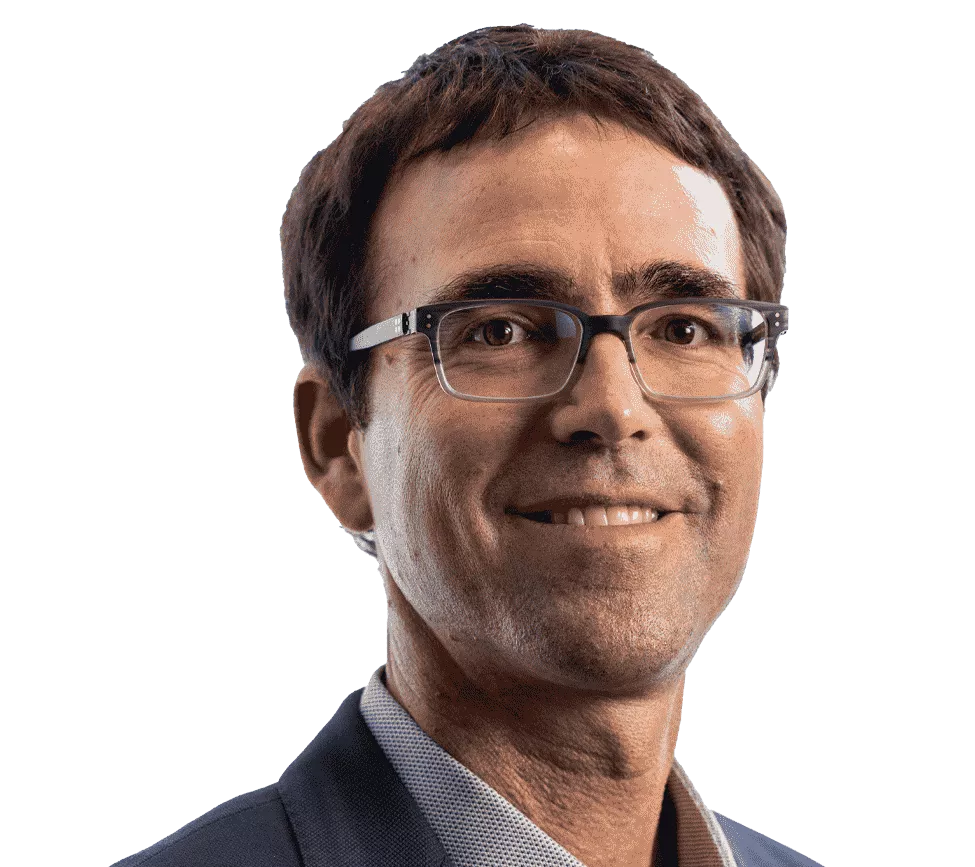

- M.S., Civil and Environmental Engineering, University of California, Berkeley, 2004
- B.S., Civil and Environmental Engineering, California Polytechnic State University, SLO, 1999
- Professional Engineer, Alaska, #119537
- Professional Engineer, Arizona, #65003
- Professional Engineer Civil, California, #65757
- Professional Engineer, North Carolina, #047537
- Professional Engineer, Ohio, #PE.79528
- Professional Engineer Civil, Oklahoma, #29309
- Professional Engineer Civil, Texas, #128483
- Professional Engineer, Washington, #51485
- Structural Engineers Association of Northern California (member)
- American Society of Civil Engineers (member)
- Earthquake Engineering Research Institute (member)
Morgan Griffith has over 20 years of experience investigating damage to buildings and other structures. He has led investigations of damage caused by earthquakes, hurricanes, tornados, floods, fires, hailstorms, snow/ice accumulation, ground movement, explosions, impacts, design and construction defects, structural overload, wood decay and various material degradation mechanisms. He has published and taught courses on topics related to earthquake and hurricane damage through organizations such as the Federal Emergency Management Agency (FEMA), the Applied Technology Council (ATC), and the American Society of Civil Engineers (ASCE). Morgan is currently an adjunct lecturer at Stanford University where he teaches a graduate course on structural performance and failures.
Morgan also assesses the risk of damage to buildings and structures for organizations interested in quantifying and mitigating risk for critical infrastructure. He has developed models to quantify risk associated with extreme wind impacts on overhead electric power lines, earthquake-caused rupture of municipal water reservoirs, hurricane impacts on petrochemical facilities, and flood-induced dam/levee breaches. Morgan helped develop a risk model used by a California electric utility for decisions related to Public Safety Power Shutoff (PSPS). He has published and spoken at conferences related to quantitative risk assessment of overhead electric power lines though the Western Energy Institute (WEI), DISTRIBUTECH, and Transmission & Distribution World.
Morgan's professional interests also include repair of damage to buildings and structures, and recovery of communities following natural disasters. He has expertise in the application of building codes to the repair of damaged structures, and he was the Project Technical Director for a research effort related to the assessment and repair of earthquake damage to wood-framed buildings (ATC-143). Morgan was part of a team of engineers with the Earthquake Engineering Research Institute (EERI) that documented damage to buildings in Turkey following the devastating earthquake sequence of 2023.
Prior to joining Exponent, Morgan worked as a design engineer for a San Francisco Bay area firm on a variety of civil and structural engineering projects. He also worked in the Netherlands, Denmark and Kazakhstan for an offshore geotechnical engineering firm.
Morgan's recent insights
